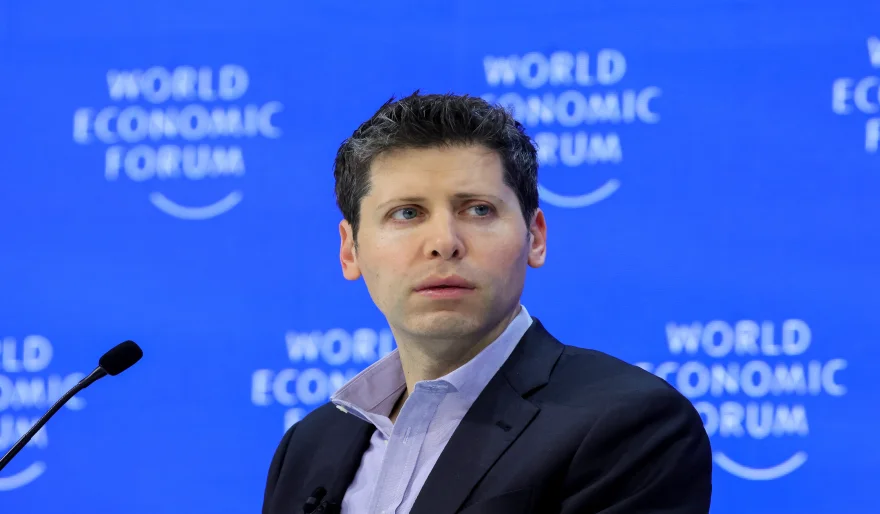Stay Ahead of the Curve
Latest AI news, expert analysis, bold opinions, and key trends — delivered to your inbox.
OpenAI CEO Sam Altman Reportedly Asks For $7 Trillion AI Funding Project
12 min read OpenAI CEO Sam Altman stuns with a $7 trillion proposal to supercharge global chip production for AI advancement. Dubbed a 'moonshot,' it sparks heated discussions on AI's future and funding strategies. February 12, 2024 06:56
OpenAI CEO Sam Altman recently grabbed headlines with a jaw-dropping proposal: raising a staggering $7 trillion to boost global chip production and accelerate AI development. This ambitious plan, dubbed "moonshot" by some and "impractical" by others, has ignited a fiery debate around the future of AI and its funding landscape.
The Vision: Supercharging AI through Hardware:
Altman argues that current chip production cannot keep pace with the exponentially growing demands of AI technology. His proposed $7 trillion investment would significantly expand global chip-making capabilities, creating specialized chips optimized for AI tasks. This, in turn, would fuel faster AI development, potentially leading to breakthroughs across various fields.
A Mountain of Money:
But the sheer scale of the proposed funding raises eyebrows. $7 trillion dwarfs the national budgets of several major economies and surpasses the global semiconductor market value. Skeptics question the feasibility of raising such a massive sum and highlight the ethical implications of placing this much power in the hands of a single entity, even a non-profit like OpenAI.
Beyond the Price Tag:
Beyond the financial hurdles, the plan raises broader questions:
- Who benefits? Would such an investment truly democratize AI access or further solidify the dominance of powerful players?
- Ethical considerations: Are the potential risks of advanced AI adequately addressed with this approach?
- Alternatives exist: Could existing resources be better allocated to achieve similar goals?
Open to Discussion:
Altman's proposal, while audacious, has forced a crucial conversation about the future of AI funding and development. As we navigate this rapidly evolving landscape, it's crucial to consider:
- What level of investment is necessary and responsible for responsible AI advancement?
- How can we ensure such investments benefit society as a whole?
- What role should governments, the private sector, and research institutions play in shaping the future of AI?
This is just the beginning of a complex and important discussion. Let's keep the conversation going!
Additionally, you may consider:
- Exploring alternative funding models for AI development.
- Discussing the potential impact of AI on specific industries and sectors.
- Sharing your own thoughts on the ethical considerations of advanced AI.
- Providing concrete examples of how responsible AI development can benefit society.



















 AI Agents
AI Agents